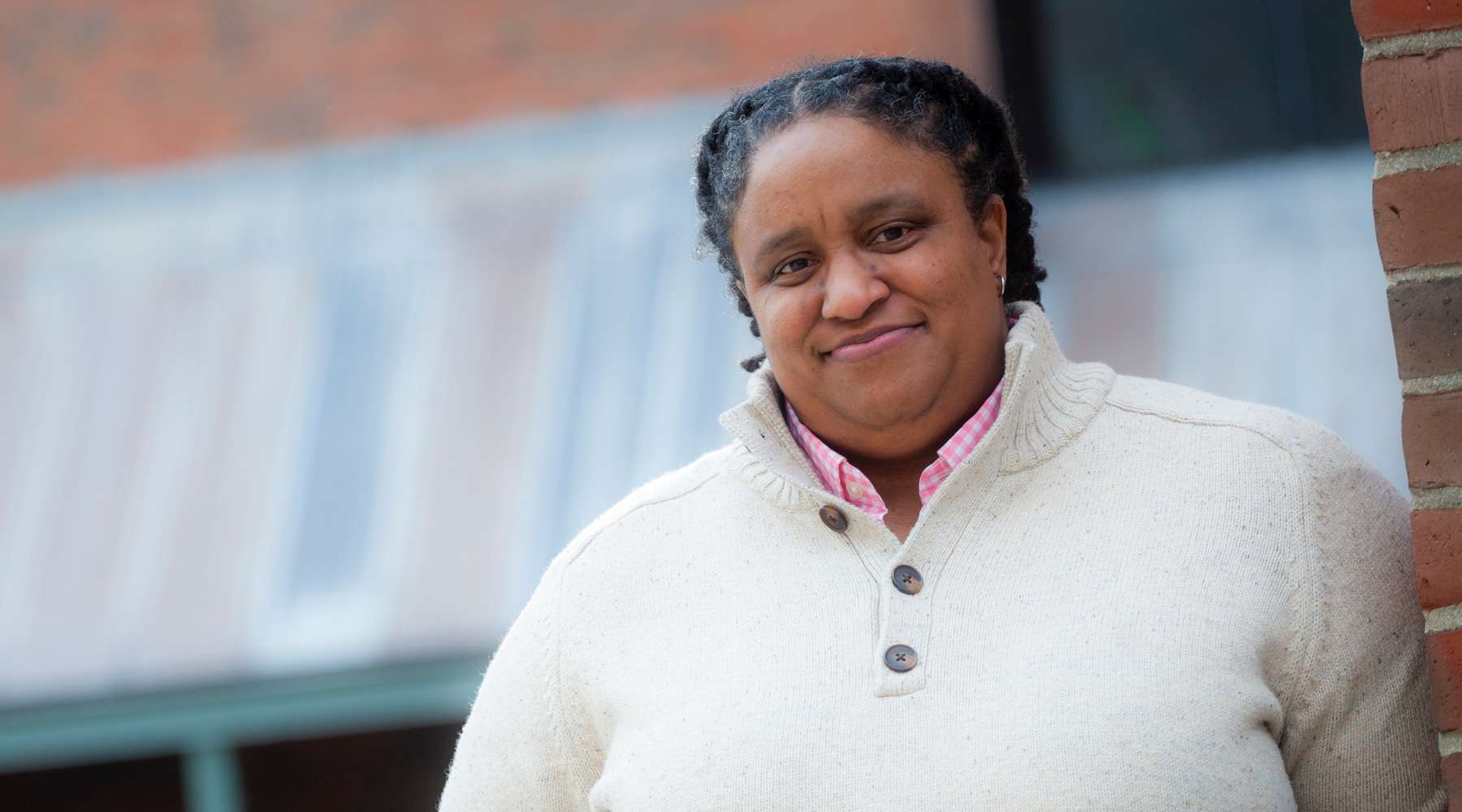
It is always an honor to be invited to share my thoughts and perspective with others and I am doubly grateful for the chance to do so at the intersection of Black History Month and Women’s History Month here in the United States. The history, heritage, and culture months are meaningful to me because they are an opportunity to share the stories that are not often featured or highlighted in history books or western media. Events like Black History Month are not meant to be the sole opportunity to acknowledge, learn, and reflect, on the culture, contributions, and stories of a particular group of people, but these moments are powerful because they offer us the chance to meet one of our fundamental human needs—the need to belong.
I remember asking my mother why Black History Month was so important. I was uncomfortable with the spotlight that the month put on me as a young Black student in predominately white spaces. I didn’t know how to respond to things people said like: “If there’s a Black History Month, why don’t we have a White History Month?” She told me something that I’ll never forget: “those who don’t know (their) history are doomed to repeat it.” She also told me that Black History Month was about me learning, growing, and celebrating the way I wanted to. For me, February is a time to step back, remember and recognize the many great gifts Black and African diasporic people and leaders continue to bring to our nation and world, as well as to acknowledge and honor the painful moments in the history of Black Americans and enslaved Africans that have led to both the challenges I face and privileges that I enjoy due to the sacrifice of those that came before me and the opportunities that I have now because they endured the worst of human nature while striving to be and believe in the best of human nature. Despite the myriad heartbreaks and ailments in the modern Black American experience, Black History Month is also an opportunity to share the joy, love, strength, wisdom, hard work, and hope that fuel many Black and Pan African people and leaders today.
Black History Month began in 1926 to recognize the achievements of people of African descent. Originally, the celebration lasted just a week. Maybe folks realized there were just too many good things to talk about in that short amount of time. Historian Carter G. Woodson selected the second week of February because it coincided with the birthdays of Abraham Lincoln and Frederick Douglass. Since 1976, every U.S. president has officially designated the month of February as Black History Month. Other countries around the world, including Canada and the United Kingdom, also devote a month to celebrating Black history, however the fundamental truth that we must not let these months obfuscate is that Black History, like the experiences and contributions of all underrepresented groups in the U.S. is American History, and thus World History.
This leads me to share one of my guiding principles—“Ubuntu”, a philosophy or worldview that originated in South Africa which I learned from the late Archbishop Desmond Tutu when our paths crossed in 2007. The word “Ubuntu” has several varied definitions, most simply: “I am because we are.” A person with Ubuntu is open and available to others, affirming of others, does not feel threatened that others are able and good, knowing that he or she belongs in a greater whole and is diminished when others are humiliated or diminished, when others are tortured or oppressed.” This concept resonates so deeply with me that it is one of the things that sustains me in the work that I do. DEI work can be polarizing, fear-inducing, shame-provoking and those feelings often provoke hostility, but when I remember that it isn’t about me, it is about us, I get the courage and excitement to clear the path for everyone’s stories.
I highly recommend taking a moment to learn more about the timeline of milestones in Black History, including the award-winning PBS show “Making Black America Through the Grapevine,” which explores the vibrant world at the heart of the Black experience. The best Black History Month movies on Netflix and the best books by Black Authors are highly recommended. If music is your thing, the Smithsonian’s “Musical Crossroads: African American Influence on American Music” is a quick read. Last, these 20 Statistics About Black-Owned Businesses and this (non-comprehensive) list of 25 Black Businesspeople Who Helped Shape America are thought-provoking and relevant for us as we sit at the intersection of business, education, and leadership here at the Tuck School.
Finally, what many may not know about me is that as a classically trained accountant, I have always loved the intersection of business, entrepreneurship, education, and opportunity. Like many of your classmates, I worked for Fortune 100 firms PwC and Deloitte, often as the only Black woman, or one of a few Black people. These experiences were largely positive and powerful, but they led me to my life’s purpose which I’m fortunate to pursue as a leader at Tuck, to help create pathways for young people to access opportunities to educate themselves, build powerful networks, and gain the skills that will inform, inspire, and empower them to make the world a little bit better, for all of us.
Ubuntu,
Dia
Dia Draper is the inaugural Assistant Dean for Diversity, Equity, & Inclusion at the Tuck School of Business at Dartmouth, a TEDx speaker, wife, and a fallible but joyful human. Her reflections on Black History Month are her own and should not be taken as a universal truth or experience for all Black Americans.